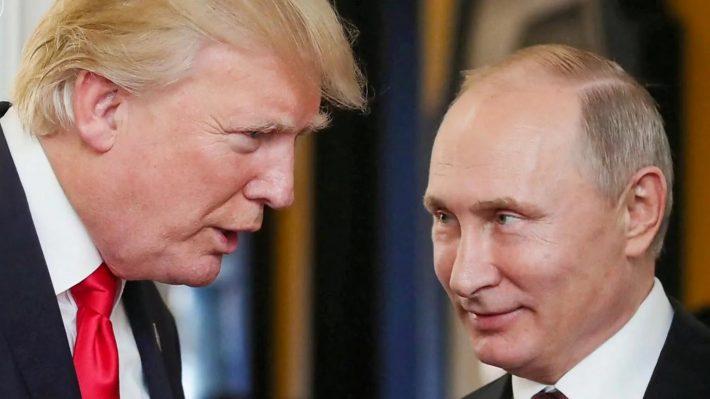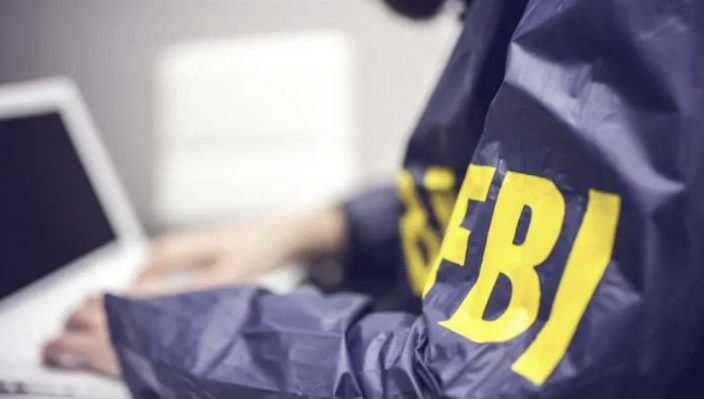As Trump pushes a TikTok deal with Xi, Oracle—led by staunch Israel supporter Larry Ellison—emerges as the gatekeeper of TikTok’s U.S. algorithm in a high-stakes geopolitical standoff.
For years, China blasted Washington’s push to force the sale of TikTok, calling it “robbers’ logic.” Now, in a remarkable reversal, Beijing is signaling openness to a deal that could see ByteDance relinquish TikTok’s U.S. operations, with the prized algorithm at the center of the negotiations.
The sudden shift has raised questions: what concessions does China expect in return? Analysts suggest Beijing views TikTok as a bargaining chip, potentially leveraging it for relief on tariffs, tech restrictions, or even Taiwan.
At stake is TikTok’s recommendation algorithm, credited with powering its massive success among 170 million U.S. users. Under China’s export laws, this technology cannot leave the country without government approval. As recently as last month, state media warned that the algorithm was a “red line.”
Yet Washington is pressing ahead. A senior White House official said the U.S. is confident Beijing has agreed in principle to a licensing deal, with Texas-based Oracle overseeing a U.S.-controlled version of the algorithm. Oracle’s co-founder Larry Ellison, a vocal supporter of Israel, has provided critical cybersecurity and cloud infrastructure support to the Jewish state since the 2023 Gaza war.
Republican lawmakers have accused TikTok of amplifying pro-Palestinian content, and Ellison’s involvement underscores a geopolitical pivot: Israel’s allies gaining control of a platform long accused of fueling anti-Israel narratives.
President Donald Trump, who has repeatedly extended TikTok’s sale deadline, announced Friday that he reached a “framework” understanding during a two-hour call with Chinese President Xi Jinping. White House Press Secretary Karoline Leavitt said the spin-off would put TikTok under a seven-member U.S.-dominated board, ensuring its data and algorithm are “controlled by America.”
Experts remain skeptical. ByteDance may hand over only a “shell” version of TikTok U.S. without exposing the core algorithm, which powers not only TikTok but also other ByteDance apps. “They’d rather shut down TikTok U.S. than give up the full algorithm,” said Chunmeizi Su of the University of Sydney.
Still, even a partial deal could ease U.S.-China tensions and delay new tariffs. Beijing has described the deal as a “basic framework consensus,” leaving plenty of room for maneuver. Analysts believe both sides will avoid openly linking TikTok’s fate to wider concessions, preferring to keep any trade-offs hidden under the banner of “good-faith negotiation.”
For now, TikTok has become a bargaining lever in the biggest tech battle of the decade—one where Israel’s allies stand to gain influence over the digital battlefield of ideas.





